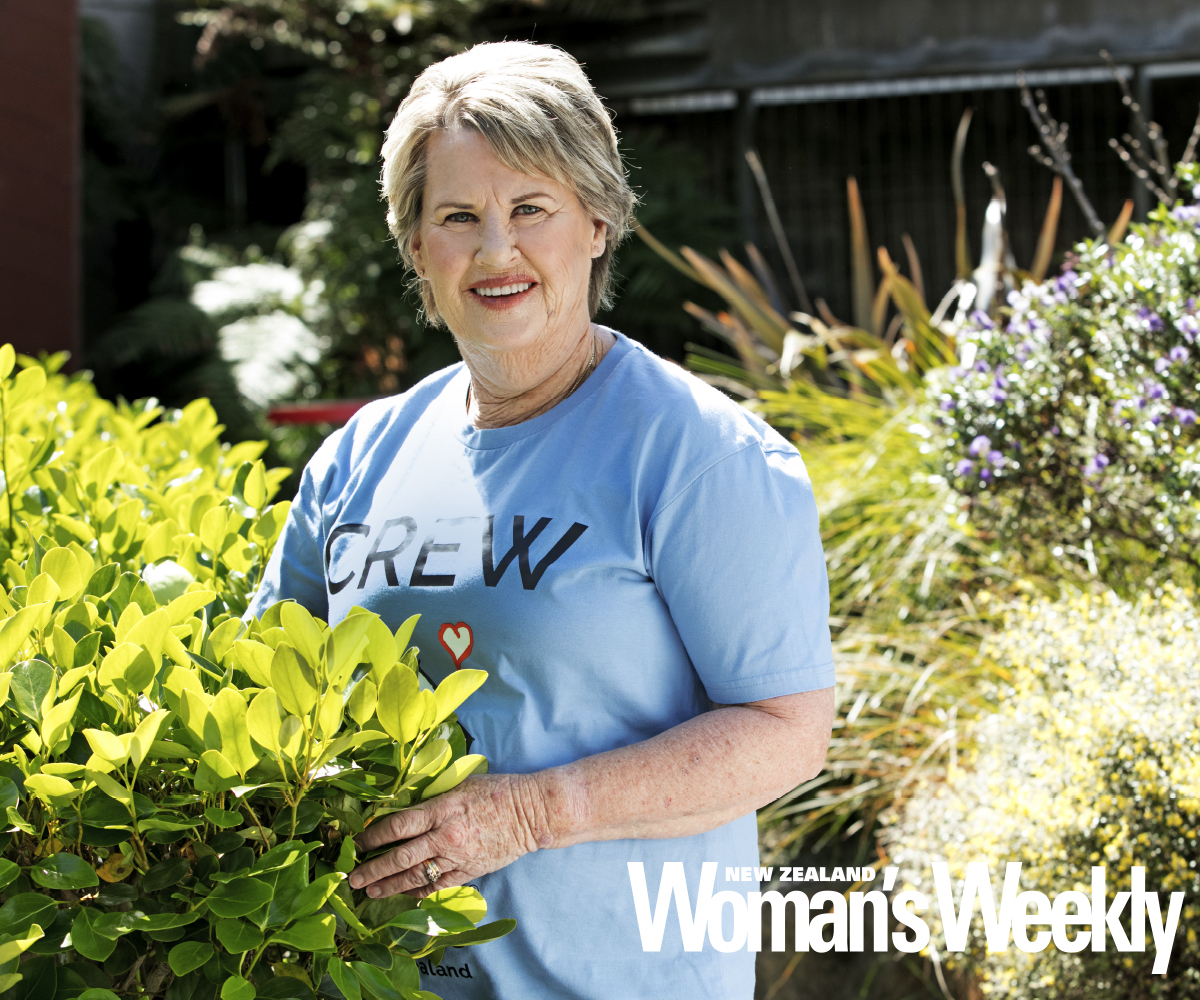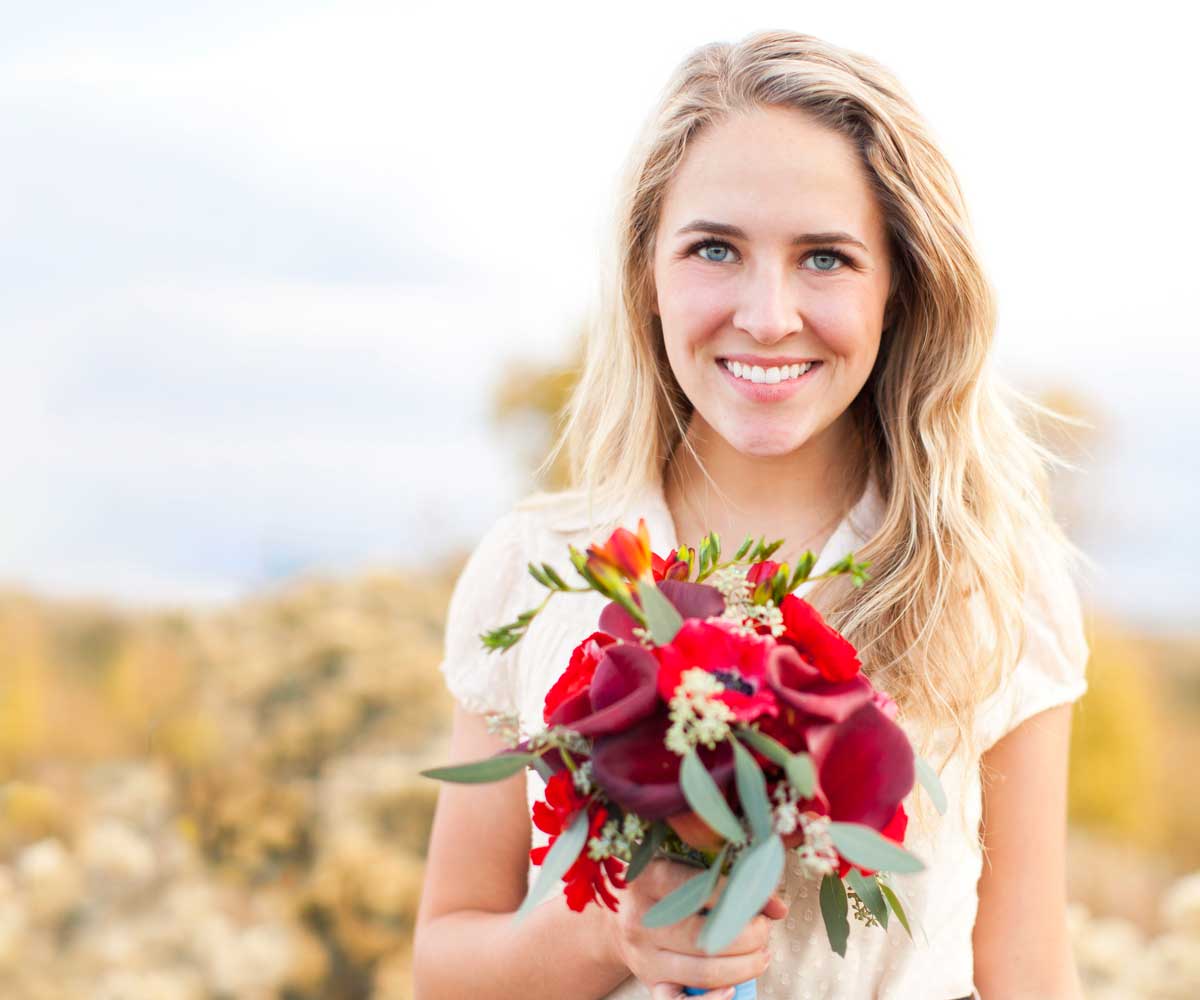Almost every faith on earth insists it’s better to give than to receive, and science now tells us that acts of kindness improve our own physical and mental health.
We look at 12 wonderful ways to spread good cheer this Christmas.
Foster hope
It’s easy to get caught up in making sure Christmas Day is as perfect as can be for the ones we love. But take a moment to think about those who don’t have a family to fuss over them this Christmas.
Earlier this year the Ministry for Children revealed that more than 6000 Kiwi children were in state care.
Many of those youngsters are removed from their homes with nothing more than the clothes on their back or a rubbish bag of belongings.
The Foster Hope charity is helping to show them that there are people who care.
Started in 2010 by Auckland woman Louise Allnutt, Foster Hope now has seven branches throughout the country. During the year, volunteers put together special backpacks full of essentials such as toiletries, books, toys and clothing for children who are transitioning into a foster home.
“A lot of these kids have never had their own toothbrush or their own new pair of pyjamas so our little backpacks hopefully show that we as a community love and care for them in what can be an extremely stressful and traumatic time,” says Foster Hope treasurer Debbie Sutcliffe.
The charity has begun a Christmas drive to collect gifts for foster children, including those who enter into emergency service facilities during the Christmas period.
Debbie says it is not always a special time for a lot of kids and unwrapping a new toy on Christmas morning can make a world of difference.
You can help by donating new, unwrapped Christmas presents suitable for newborns through to teenagers, or making a financial donation. For more information visit fosterhope.org.nz.
Give the gift of time

Image: Getty Images
Sometimes the most valuable gift you can give is your time.
For many people, Christmas is the loneliest time of year, but it doesn’t have to be. The summer hiatus provides the perfect opportunity to spend time with someone in need of company.
This might be somebody you know – a grandparent, a neighbour, a friend who has been having a tough time.
Alternatively, aged care providers need people to run craft sessions, read to residents and run singalongs.
Some of the larger providers have formalised processes where you can go online to register – for example Selwyn Village is looking for parents wanting to get involved in their Baby Buddies programme, where they visit elderly residents with their babies and toddlers – or you can call your local care home and enquire directly.
Volunteer websites carry listings from a range of organisations across NZ seeking people to share a chat and a cup of tea with seniors or take them on outings.
Visit seekvolunteer.co.nz for a list of positions throughout NZ.
Put pen to paper and write a letter

Image: Getty Images
Letter writing is a wonderful, old-fashioned way to spread kindness, create understanding, even learn new languages, and all this can be accomplished from the comfort of your own home.
Perhaps you already know of someone who would enjoy regular messages. If not, there are websites where you can be matched with a prospective correspondent from the other side of town or the other side of the world.
The World Needs More Love Letters was founded by Hannah Brencher, who was desperately homesick when she moved to New York City for university.
“I unravelled so quickly,” she says. Desperate for meaningful contact, she began writing letters to strangers and leaving them around town labelled, “If you find this letter, it’s for you.”
“It made me feel like I was doing something within a lonely city,” she explains.
As word spread, people began asking Hannah to write to them and now letter requests come into the group from lonely people all over the world.
The World Needs More Love Letters operates in 73 countries and it’s still growing.
You can sign up to write or receive letters at moreloveletters.com.
Squirrel away all year for a larger impact

Image: Getty Images
Many years ago, mother of three Sarah Davies was pondering how she and her family could give back in a way that would have a lasting impact.
They decided to open a charity donation account.Every year, around Christmas, each family member adds up the amount of money they would spend on gifts and puts half of it into the account.
The money is invested and now, 10 years on, the family has a sub-fund which they can use to make grants to causes and charities they are passionate about.
Once a year, they sit down together and discuss what they want do to with the money.
“It’s a bit like a philanthropic savings account,” says Sarah, who is now the CEO of Philanthropy Australia. “You actually not only change your life but change other people’s lives significantly.”
Find a cause or a charity that is dear to you then set up an account and make regular deposits that can be donated. Even a small amount each week can really make a difference.
For a list of registered charities in New Zealand visit charities.govt.nz
Give a gift that saves lives
Some donations mean much more than money. This Christmas you can roll up your sleeves and give a gift that could save a life.
The holiday season is a difficult time for The New Zealand Blood Service because many regular donors go away or take a break, but the need for blood never stops.
Plasma is also in demand. It’s the gold coloured liquid portion of the blood in which red and white blood cells and platelets are suspended.
There is an increasing need throughout New Zealand for blood products made from plasma; a single plasma donation can be made into 13 life-saving blood products.
Make it a Christmas gift this year to find out if you’re eligible to donate plasma (the criteria is different for blood donors and not everyone is is eligible).
Each donation takes 60 minutes and the benefits for those in need are immeasurable.
To find out more information about blood and plasma donation, visit nzblood.co.nz.

Image: Getty Images
Give back to nature
When you’re feeling blue, touch green.
Spending time in nature improves your sleep, mood and reduces a range of health problems. Not to mention it gives you an enriched sense of purpose.
If you’re looking for a way to do something for your community this Christmas, volunteering at regional or national parks is a wonderfully immersive way to stretch your philanthropic muscles.
The Department of Conservation needs hut wardens and campground hosts over the Christmas holiday period at a range of sites throughout the North and South Island. They are also always in need of citizen scientists who can help collect data about local ecosystems and wildlife.
You can even become a bird “minder” – DoC is looking for people in the Coromandel who can help protect the endangered New Zealand dotterel during the breeding months from now until March.
If you have a few days spare, sign yourself up to help with general maintenance at one of the North Island’s most beautiful spots, Tiritiri Matangi Island, over the Christmas period. The predator-free island is a bird-lover’s paradise. Visit doc.govt.nz/get-involved/volunteer/
There’s strength in numbers – create a giving gang
Giving circles are a growing philanthropic trend. They are, essentially, a group of friends, colleagues or neighbours who come together, formally or informally, to support a particular organisation or cause.
The idea is that collectively we can go a lot further than individually.
Giving Circles are about building a community, a little tribe around you, of people who care about the things you care about, and collectively working out what you can do to make a positive difference.
Get creative

Image: Getty Images
Imagine being able to give a warming hug to someone in need without having to leave your home.
Many charitable organisations are in need of crocheted and knitted items throughout the year.
The NZ Red Cross collects trauma teddies and knitted clothing, and Auckland’s North Shore and Waitakere hospitals are regularly in need of knitted blankets and hats for premature babies.
The Octopus for Preemie initiative collects crocheted cotton octopi (made to specifications from 100 per cent cotton) all over the world, including New Zealand.
The tentacles, designed to resemble umbilical cords, calm babies and reduce the risk of them pulling on their tubes and leads. You can find your nearest Octopus for Preemie group on Facebook.
The Little Sprouts charity gives away hundreds of baby packs to families in need every year and will welcome knitted items, sewing and home-made toys. Check out the guidelines for items on its website.
Pitch in and pitch a tent
Camp Quality runs family camps, kids’ camps and family fun days throughout the year for Kiwi kids living with cancer.
Volunteers are needed to keep these camps going. Camp companions are like big brothers or sisters who are matched with kids to be a fun friend.
You have to be over 18 years old and Camp Quality provides accommodation and food during the camp.
Companions are matched to a child that they spend the week with, all of whom are in remission or siblings of affected children.
Waste not want not

Image: Getty Images
Wellington’s Kaibosh Food Rescue has been salvaging food that is too good to waste and redistributing it to those in need for the past 10 years.
In that time, more than a million kilos of food has been saved from landfill and almost three million meals have been made for those in need.
The charity project started in 2008 when Robyn Langlands, a volunteer at the Wellington Women’s Refuge, offered to pick up surplus food from Wishbone foodstore and pass it on to the women and children staying at the refuge.
She and her husband George soon discovered other Wellington businesses had surplus food that was going to waste, while families were going hungry. This inspired the couple to set up Kaibosh, New Zealand’s first dedicated food rescue organisation.
They now rescue and sort food from more than 40 businesses, with the help of more than 200 volunteers, and redistribute it to more than 65 community groups.
It’s a solution to two problems, says Robyn – food waste and food poverty.
You can help: Kaibosh has volunteer positions available, or you can donate money or food.
Perform a random act of kindness
After being told she would never have children and undergoing a series of painful operations, Naomi Lambert felt hopeless and alone.
She took it upon herself to start a peer support group, which taught her about the importance of communication.
Then she felt moved to do even more to spread camaraderie and kindness, and the Cool To Be Kind Project was born.
Just before Christmas last year, she created 50 “kindness cards” and on each she wrote a suggested random act of kindness. Then she hid them around her community in Western Australia and was delighted when people took up her challenges.
One man took a homeless person out to lunch at a five-star restaurant. A woman dying of cancer volunteered at a homeless shelter to gain perspective.
Naomi continues to leave cards far and wide and her website is full of simple suggestions for everyday kindness, like: learn to say hello in different languages; cook a meal for a friend; pay for a stranger’s morning coffee; or simply pick up the phone and tell someone far away that you miss them.
Naomi is working to create cards that can be mass distributed but she encourages those around her to use their imaginations and their empathy to come up with kindness initiatives of their own.
We don’t need kindness cards to show a little love to the people around us. “We’ve all got it in us,” she insists.
Foster a fur baby

Image: Getty Images
The SPCA has an unofficial tagline – pets are for life, not just for Christmas – which is aimed at reducing the number of pets dumped at shelters in the new year.
However, the animal protection society is now seeking people who do want a pet just for Christmas.
The festive (and summer) season is a notoriously difficult time for the SPCA, as many regular foster carers go away. They need temporary carers who can provide a home for an animal and maybe a treat on Christmas morning.
Find out more at spca.nz.
The NZ Blind Foundation also needs carers to raise potential Guide Dogs from the age of about eight weeks until they’re ready to start training at Guide Dogs HQ at around 12-18 months old. The foundation places around 120 puppies with Kiwi foster families each year.
Puppy raisers will receive ongoing support and training in puppy care and all food, registration and veterinary costs are covered by the foundation.
To learn more, visit blindfoundation.org.nz/guide-dogs/.


